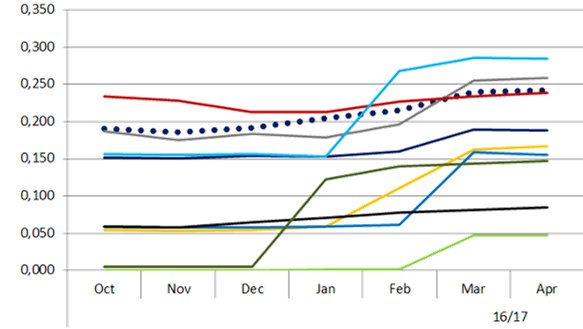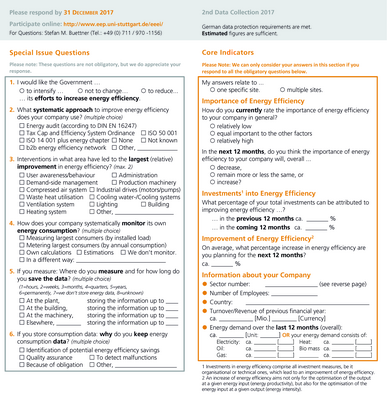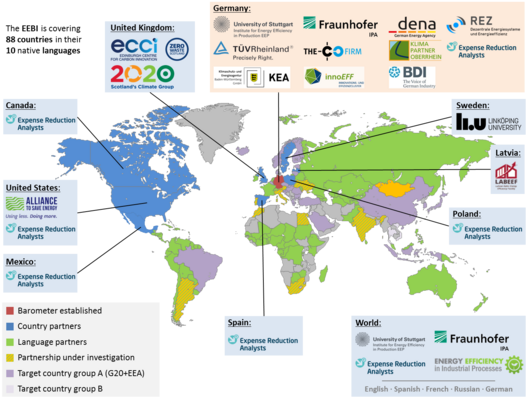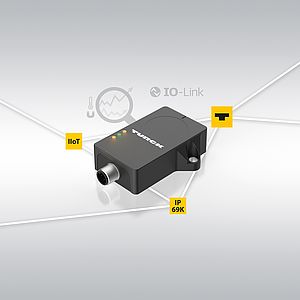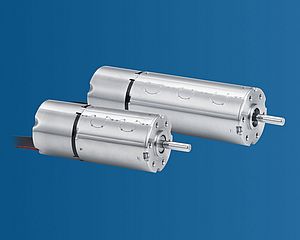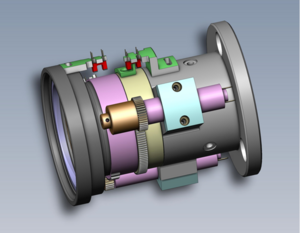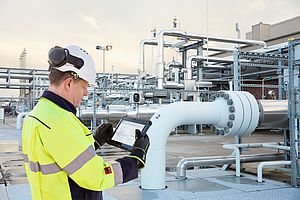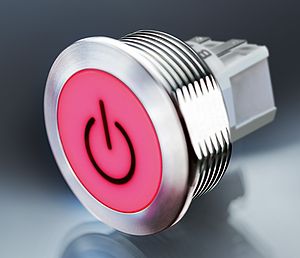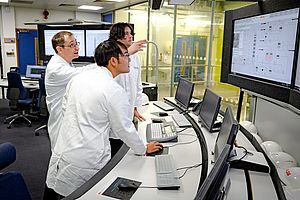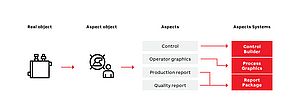The majority of industrial companies who recently participated in the Barometer, are already pursuing a systematic approach to increase energy efficiency. Furthermore, most of them want to invest in energy efficiency in the future. But where do individual enterprises stand in terms of energy efficiency and what can they do to further strengthen their competitiveness? The Industry Barometer originated in Germany and is collected semi-annually by the Institute for Energy Efficiency in Production (EEP) of the University of Stuttgart, in collaboration with inter alia Fraunhofer IPA, Energy Efficiency in Industrial Processes (EEIP), the Expense Reduction Analysts (ERA) and numerous partners across 88 countries.
The Barometer across 88 Countries
From now until 31 December 2017, manufacturing companies across 88 countries once again have the opportunity to participate in and help grow the Barometer. Business participation is vital to developing the Barometer and enabling companies to consider how they can accelerate the energy transition through greater efficiency and productivity in their own business. In addition to this, through direct comparison with the average competitor in your sector (anonymized), you can make investment decisions and derive strategies for your own business’ energy efficiency and productivity. Access to this information can help increase your company’s efficiency and thus improve your competitiveness.
The advantages of the Barometer
Launched at the Industrial Energy Efficiency meeting of EU / UNEP FI’s Energy Efficiency Financial Institutions Group (EEFIG) by EEP, EEIP and Fraunhofer in Brussels on 19 October, the #EEBarometer helps to accelerate action towards increased energy efficiency action in industry, it takes the pulse of the industrial demand side and:
- Helps to reduce unknowns, risks and uncertainty in relation to energy efficiency interventions.
- Informs legislators what the current situation is and what the needs of industry really are, how instruments perform and what type of instrument or framework may be required.
- Assesses the effectiveness/impact of pilot- and development programs and puts them in relation to control-groups.
- Makes financial institutions and service providers aware of feasible projects and required funding mechanisms and services.
- Informs companies about where they stand & about new strategies.
- Equips companies and legislators with insights on how and where to act to increase energy productivity.
- Enables, in medium-term, sector-specific cross-country analyses TOP-Runners.
In the current survey period, a special focus is being put on measurement and verification (M&V), as well as energy management in general. With the negotiations regarding potentially binding energy targets for 2030 underway, we also want to ask participants what they want their governments to do in relation to energy efficiency. Findings will inform the ‘industry efficiency action group’s position on how to best move forward with industrial energy efficiency in Europe and across the globe.
The online questionnaire can be found at: www.eep.uni-stuttgart.de/eeei/. The survey takes just a few minutes to complete and your data will be anonymous. Participate and spread the word!
Breakdown of Results
In addition to selected results, registered users (free of charge) will be offered an exclusive, sector-specific breakdown of the results. Country and language partners also benefit from sector-specific results (contact author if interested in becoming a partner). The survey closes on 31 December 2017. Results will be published online in the end of February 2018.
Allowing more and more entrepreneurs to give their views in their mother tongue, further languages and country versions addressing also national issues will be added gradually. In 2017-II, companies across 88 countries will be able to participate in their native languages.
By Stefan M. Büttner, Head of International Affairs & Strategy, EEP / Institute for Energy Efficiency in Production


